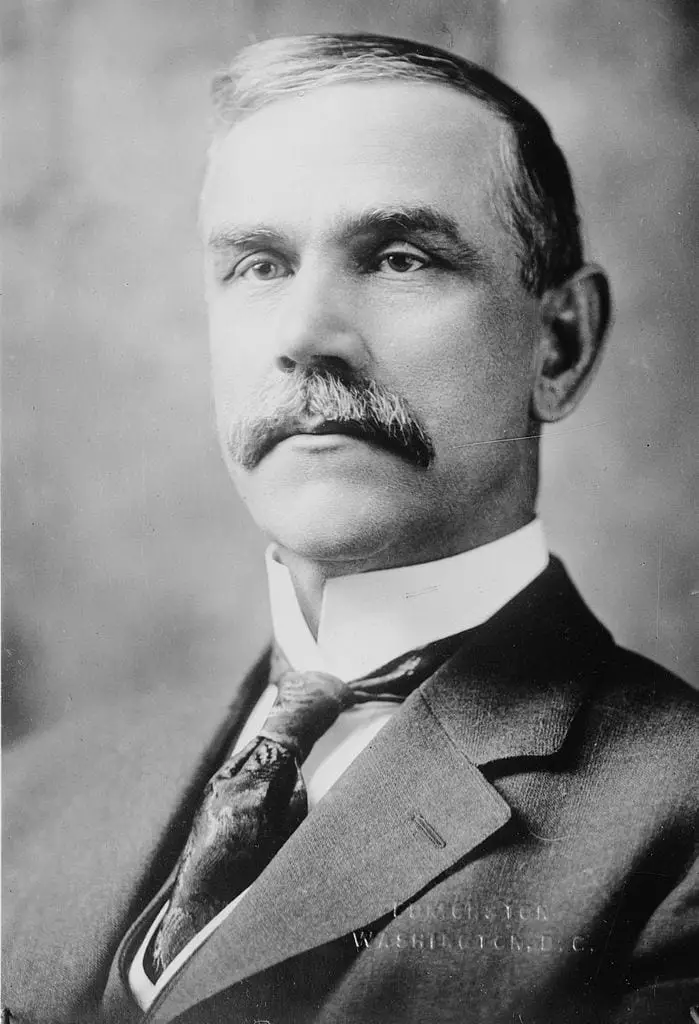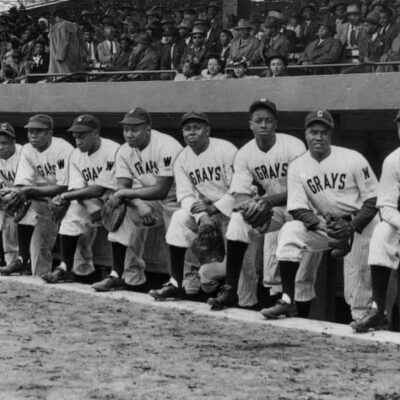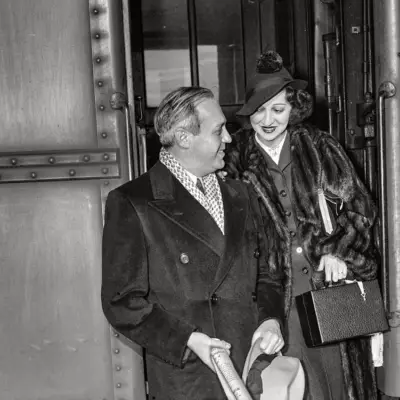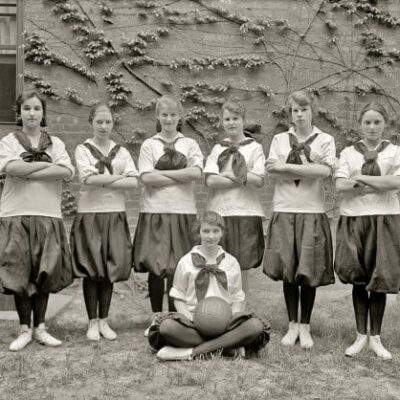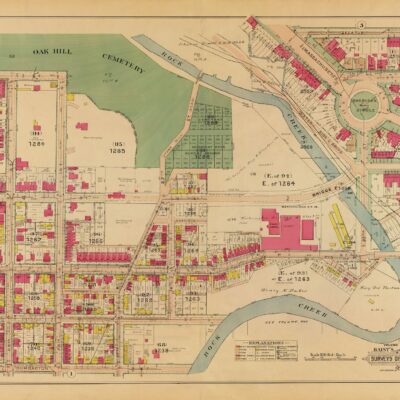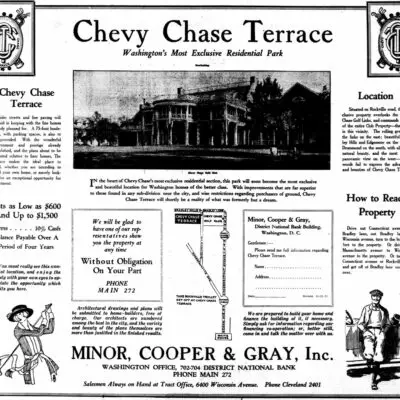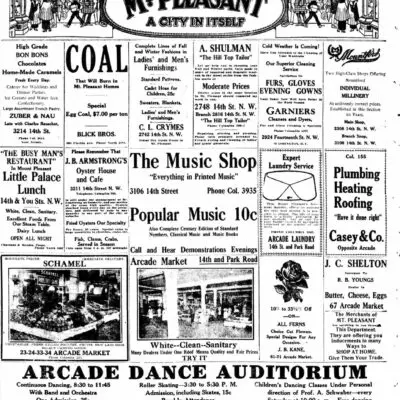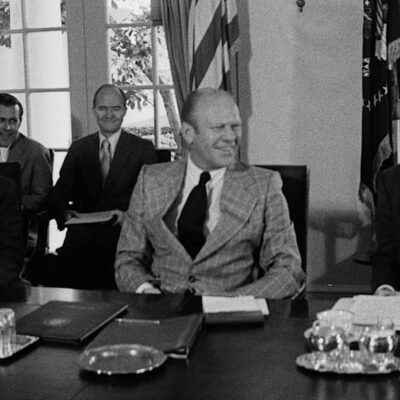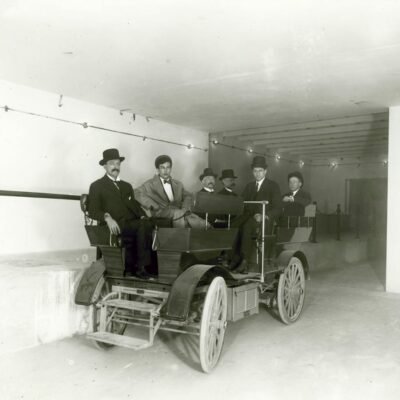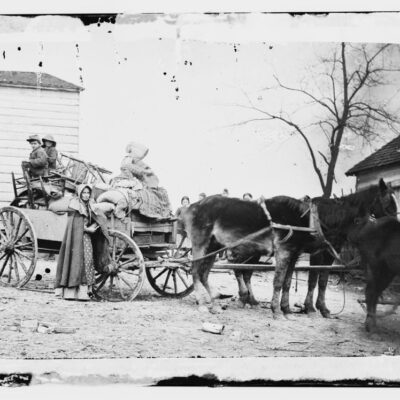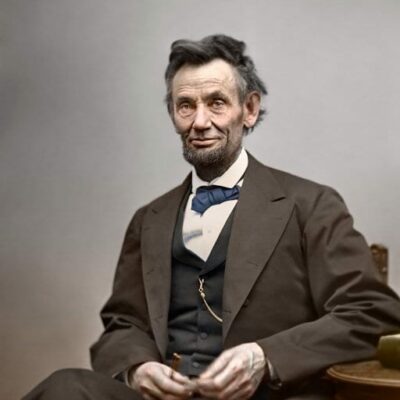There are currently seven Mormons seated in the United States Senate, including Senate Majority Leader Harry Reid, and Senators Mike Crapo of Idaho, Jeff Flake of Arizona, Orrin Hatch of Utah, Dean Heller of Nevada, Mike Lee of Utah, and Tom Udall of New Mexico. And, don’t forget that a Mormon, Mitt Romney, ran for the highest office in the land, beating another prominent one, John Huntsman, in the primaries.
You may be unaware of this, but in the late 19th century and early 20th century, Mormonism was largely regarded as a cult and there was quite a bit of controversy surrounding the election of the first Mormon to the U.S. Senate, Reed Smoot, in 1902.
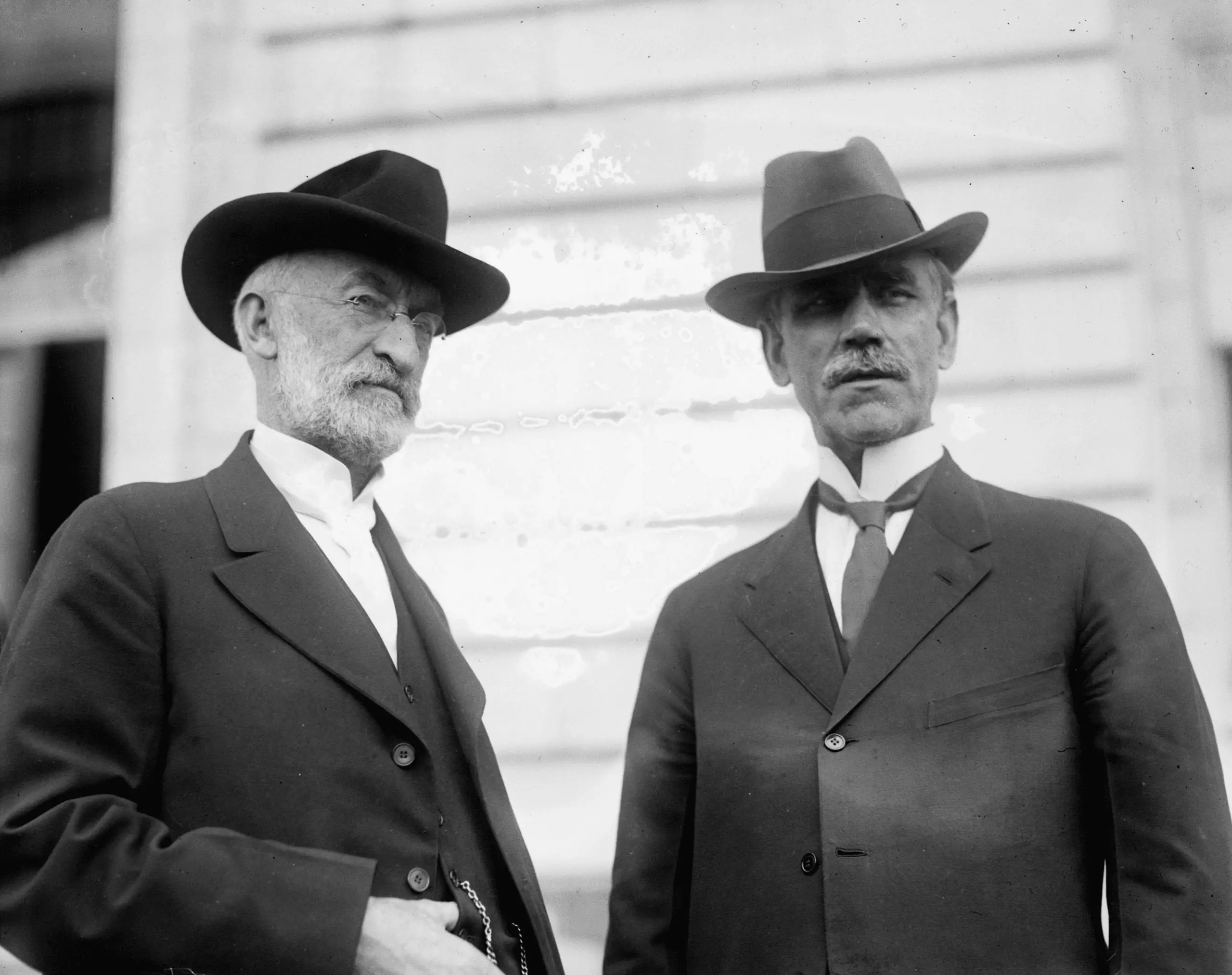
Only a few years earlier, in 1898, Brigham Henry Roberts, was elected as a representative for Utah. However, the 56th Congress, citing the fact that he was a Mormon who practiced polygamy, refused to seat him in Congress.
Reed Smoot’s election kicked off a prolonged four-year battle in the Senate on his eligibility due to his position as an apostle in the Mormon Church. Though a member of the church, he was not a polygamist, and the Mormons had renounced plural marriages with the 1890 Manifesto, before Utah became a state. The hearings on his eligibility started on January 16th, 1904 and concluded on February 20th, 1907. The proposal to disallow him was defeated.
Below is the coverage from The Washington Post, the following day.
When the Senate adjourned last evening the cloud on the title of Reed Smoot, of Utah, to his seat in the Senate of the United states had been removed and one of the most bitterly contested cases ever brought to the attention of the upper house of Congress had passed into history. By the decisive vote of 42 to 28 the Senate voted down the resolution declaring Mr. Smooth not entitled to his seat.
Previous test votes were taken, first on the amendment of Mr. Hopkins to the original resolution reported by the committee, “that Reed Smoot is not entitled to a seat as a Senator of the United States from the State of Utah,” by inserting after “Resolved” the words “two-thirds of the Senators present concurring therein.” This was adopted by a vote of 49 to 22, and this action made it necessary to secure a two-thirds vote to oust Mr. Smoot from his seat. The second test was on a substitute of Mr. Carmack’s which sought to expel the Utah Senator outright. This was voted down by 43 to 27. It would have required 47 votes to adopt the committee’s resolution, and the anti-Smoot forces lacked 19 of that number.
…
He sat quietly in his seat throughout the closing debate, showing no emotion or nervousness as he listened to the condemnation heaped upon him by Senators who participated. The women who glared at him and those who smiled indifferently, or encouragingly, in his direction, were mostly fashionably gowned. There were young women and old women, but most of them appeared to be between those two extremes of age.
…
While in the cloakroom Mr. Smoot was given a reception and was warmly congratulated. Practically the entire Senate and many members of the House greeted him and shook his hand in congratulation, among this number being several Senators who had voted against him.
And so ended the controversy over Senator Reed Smoot. He would go on to serve in the Senate until 1933, after his 1932 electoral defeat. You may recall that his name is on the law that seriously impacted the hope of recovering from the Great Depression. Passed on June 17th, 1930, it raised tariffs on thousands of foreign goods imported into the U.S., up to record levels. Most economists agree that the Smoot-Hawley Tariff Act was highly counterproductive, with the protectionism leading to a deepening and lengthening of the Great Depression.
